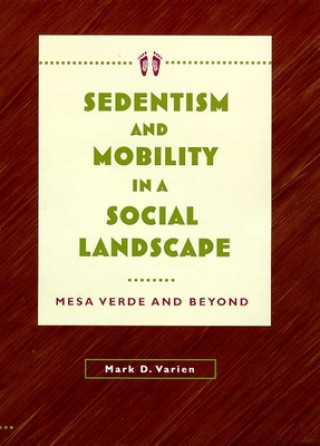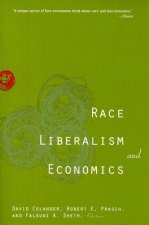
Dostawa
Doradca ds. zakupów
16 126 809 książek w 175 językach







Pokaż wszystkie języki (175)





Jednak się nie przyda? Nic nie szkodzi! U nas możesz zwrócić towar do 30 dni
 Bon prezentowy
O dowolnej wartości
Bon prezentowy
O dowolnej wartości
Bon prezentowy to zawsze dobry pomysł. Obdarowany może za bon prezentowy wybrać cokolwiek z naszej oferty.
Sedentism and Mobility in a Social Landscape
 Angielski
Angielski
 170 b
170 b
30 dni na zwrot towaru
Mogłoby Cię także zainteresować


Research on hunting and gathering peoples has given anthropologists a long-standing conceptual framework of sedentism and mobility based on seasonality and ecological constraints. This work challenges that position by arguing that mobility is a socially negotiated activity and that neither mobility nor sedentism can be understood outside of its social context.Drawing on research in the Mesa Verde region that focuses on communities and households, Mark Varien expands the social, spatial, and temporal scales of archaeological analysis to propose a new model for population movement. Rather than viewing sedentism and mobility as opposing concepts, he demonstrates that they were separate strategies that were simultaneously employed. Households moved relatively frequently -- every one or two generations -- but communities persisted in the same location for much longer. Varien shows that individuals and households negotiated their movements in a social landscape structured by these permanent communities.Varien's research clearly demonstrates the need to view agriculturalists from a perspective that differs from the hunter-gatherer model. This innovative study shows why current explanations for site abandonment cannot by themselves account for residential mobility and offers valuable insights into the archaeology of small-scale agriculture.
Informacje o książce
 Angielski
Angielski
Kategoria




 Jak kupować
Jak kupować
















